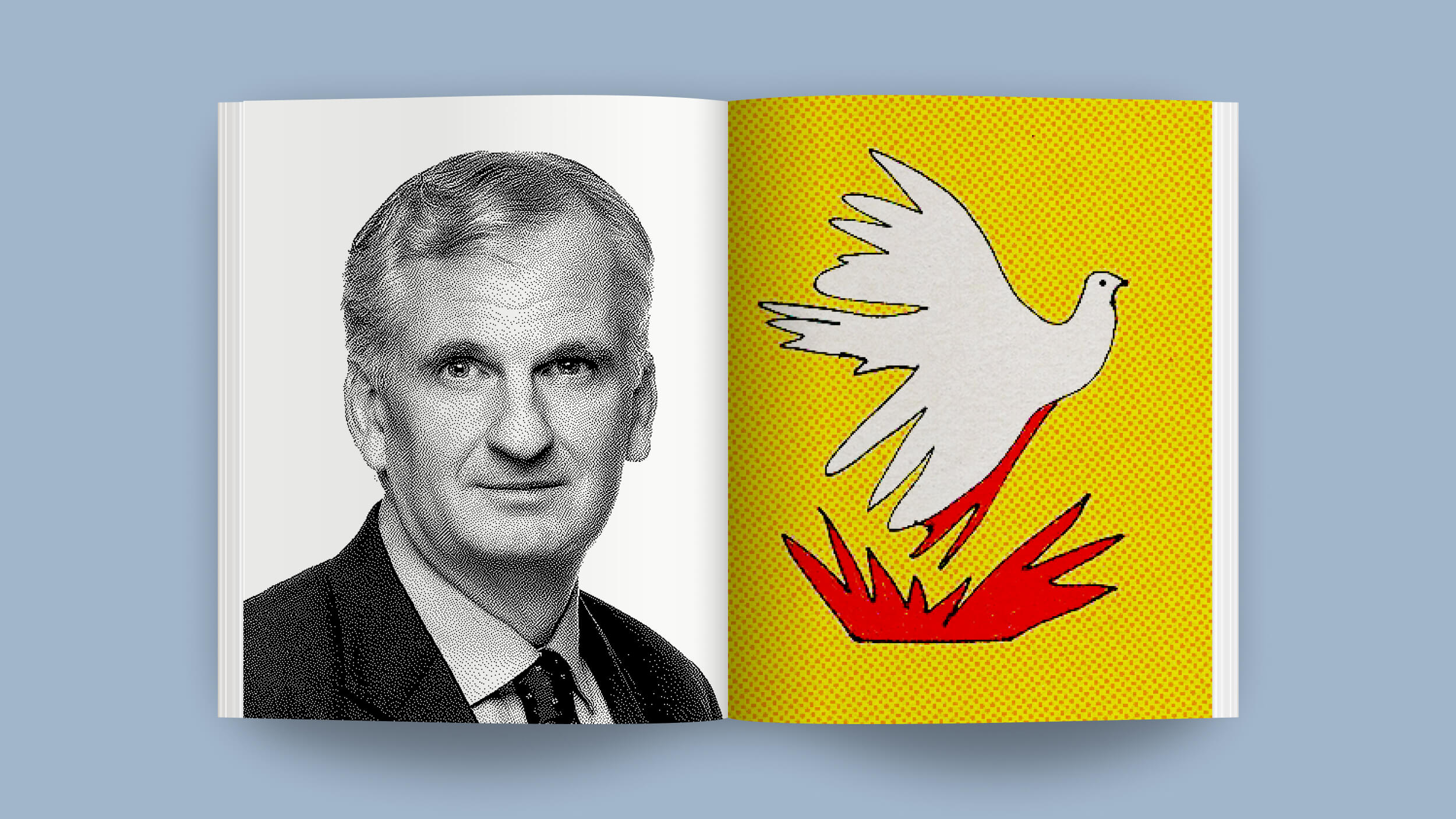We must move away from bumper-sticker dialogue, Carter says.
Question: How do we divorce the personal from the political?
Stephen Carter: If we were to raise the level of public dialogue, it starts with humility – with our own personal humility. It starts with a sense of ourselves; recognizing the possibility that no matter how passionate we are, we could be wrong. We could be wrong. And maybe each of us should have one or two things that we think it’s impossible to be wrong about – genocide, for example. That’s not a debatable issue. But you know what? The problem is that most of us have 20 or 25 issues on which we think we couldn’t possibly be wrong, and that’s where the problem arises. We don’t just have one or two. Apart . . . separating out the one or two issues in which we think there is no possibility of error, I think we have to be very humble about other things. And humility means recognizing in everyday conversations like this one the possibility of error; and therefore listening to what the other side has to say, and listening to it in a serious and thoughtful way. But we can only raise the level of our dialogue if we’ll do little things like take the bumper stickers off our cars. I really mean that very sincerely; that the bumper sticker world is a world of slogans, and is a world that doesn’t care to hear debates. It is a remarkably wonderful symbol that bumper stickers are on the back of the car; that the person driving the car is facing away from the person reading the bumper sticker as though to say, “Here is my view. It is not debatable. You read it. I’m through discussing the matter.” That’s very dangerous, and it’s very scary. I think if we take the bumper stickers off our car and take it out of our voices, we will already have taken a big step toward improving our public dialogue. ___________ fantasy in which then all those talking heads on the news just report the news anymore, but that’s just a fantasy.
Recorded on: 7/25/07





